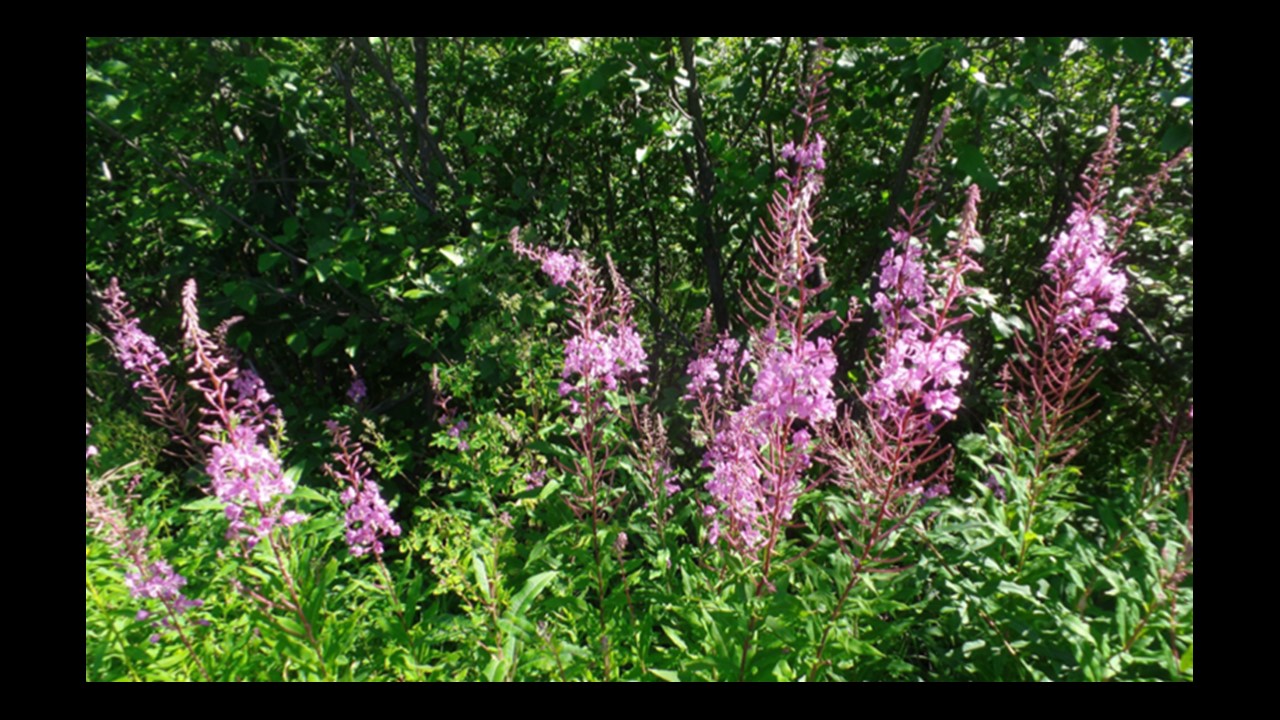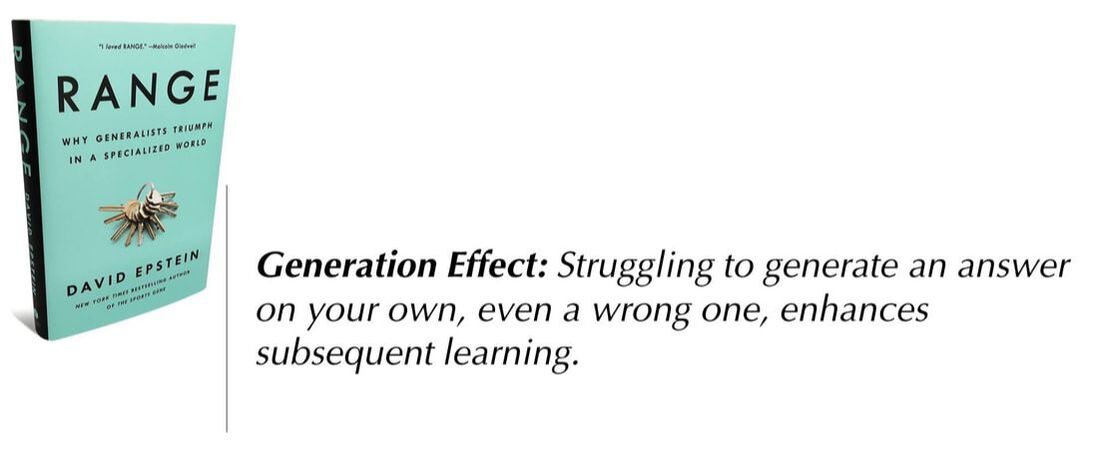Scott Anderson1 Samuel 1:4-20 † 1 Samuel 2:1-10 † Hebrews 10:11-14, 19-25 † Mark 13:1-8 You can view a video of the service and sermon here. Franz Dolp was a professor of economics at Oregon State University when he began, perhaps, the greatest work of his life. As a young father and professor, his marriage had eroded, and his dream of creating an Oregon homestead with it. When he drove away from the farm intended for “till death do us part,” it was with the good-bye blessing, “I hope that your next dream turns out better than your last.”[i] He eventually found his way to forty acres on Shotpouch Creek. This logged-out, chaotic hot mess of vine maples, leggy hardwoods, and thorns was in the same Oregon coast mountains where his grandfather had made a hardscrabble homestead. In his journal, Franz wrote that he had “made the mistake of visiting the farm after it was sold. The new owners had cut it all.” I sat among the stumps and the swirling red dust, and I cried. When I moved to Shotpouch after leaving the farm, I realized that making a new home required more than building a cabin or planting an apple tree. It required some healing for me and for the land.”[ii] “My work [at Shotpouch] grew out of a deeply experienced sense of loss,” he wrote, “the loss of what should be here.”[iii] Robin Wall Kimmerer tells the story of how Franz Dolp, a wounded man, moved to live on wounded land at Shotpouch Creek in her book Braiding Sweetgrass, in a chapter she titles “Old Growth Children.” Franz wrote in his journal, “These forty acres were to be my retreat, my escape to the wild. But this was no pristine wilderness.” The land was razed by a series of clear-cuts over the years—first the venerable old-growth forest and then its children. No sooner had the Doug firs grown back than the loggers came for them again.[iv] Everything is different after land is clear-cut. Sunshine is abundant, the soil is broken open and unstable, temperatures rise, the humus blanket gives way to exposed minerals. Forest ecosystems have tools for dealing with disturbances, of course. Early plants get to work on damage control, quickly.
0 Comments
Maggie Breen1 Samuel 15:34-16:13 † Psalm 20 † 2 Corinthians 5:6-10, 14-17 † Mark 4:26-34 You can view a video recording of this sermon here.
Isn’t that the case with so much of what we experience? We take something in, and we react, sometimes quietly, sometimes less so, but so often out of these hard-earned unspoken assumptions that have this silent power to affect our lives and the lives of others.
Rosebay Willowherb, for me, used to be a sign of something bad and only something bad. It grew in my family’s yard starting in the late spring and early summer each year. Those stubborn stems with their long, thin, rough, dark green leaves that seemed to me to spiral like a screwdriver or a drill making its way through the low growth. And then as summer moved on those loud pink flowers, one atop the other, clamoring for the sky. And bees, lots of bees, would hang out in that slanting swath of pink and then the flowers would turn to these long thin seed capsules that would split open seemingly overnight to reveal this tangled mess of tiny, almost invisible brown seeds hidden in a mass of silk hairs that would carry them off in clouds. Scott AndersonGenesis 9:8-17 † Psalm 25:1-10 † 1 Peter 3:18-22 † Mark 1:9-15 A video version of this sermon can be found here. Here’s a pro tip for you. When it comes to learning, repetition is less important than struggle. This is the insight of what is known as the generation effect according to David Epstein in his book Range. Struggling to generate an answer on your own, even a wrong one, enhances subsequent learning.[i] It helps learning over the long-term in at least two ways—it makes it stick and it enhances our ability to apply our learning broadly. The struggle—doing the work—is the key. Epstein explains, “for learning that is both durable (it sticks) and flexible (it can be applied broadly), fast and easy is precisely the problem.”[ii]
Scott AndersonJonah 3:10-4:11 † Psalm 145:1-8 † Philippians 1:21-30 † Matthew 20:1-16
You can find a video copy of this sermon in the context of worship here. They are both right, aren’t they? This is no case of fake news. It’s just a problem with perception and location and what’s fair. The laborers who were hired first thing in the morning, who went out and put in their twelve hours under the hot sun cannot abide that they are paid the same as those last to join the party, who work an hour at best—and get just as much. It is not fair. Or, to be more precise, it is not equitable. This is true. And yet, the landowner has an equally valid point, doesn’t he? Did I not keep our agreement? We negotiated for the usual day’s wage at the beginning. This is what I’ve given you. How have I wronged you? |
St. Andrew SermonsCategories
All
|




 RSS Feed
RSS Feed